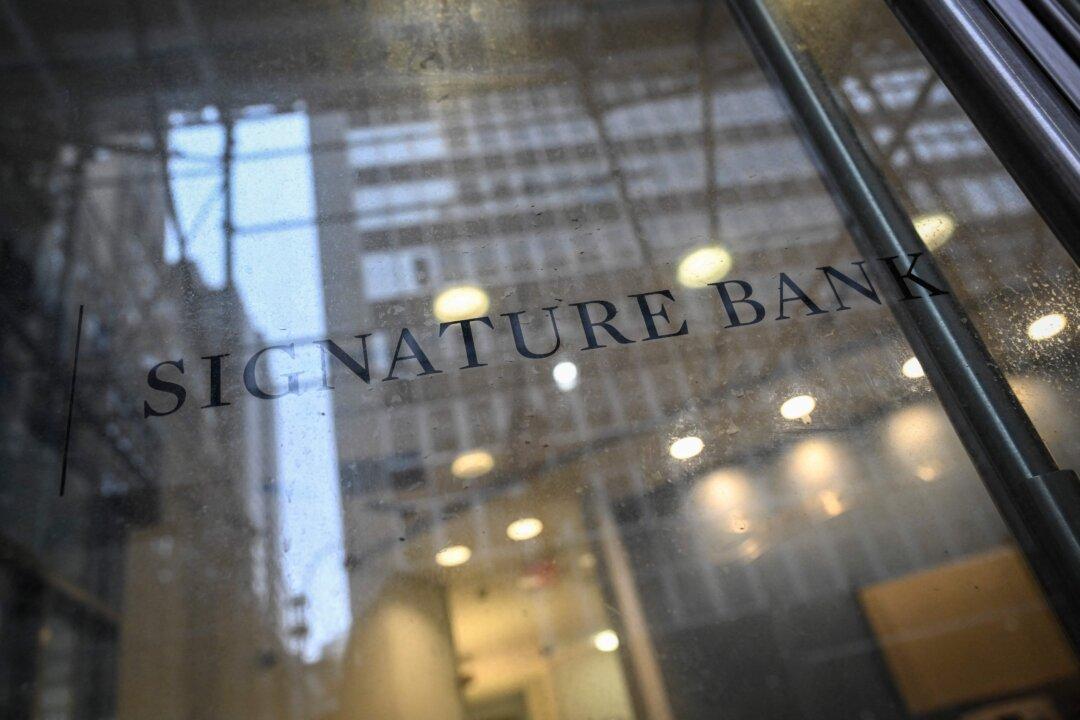Executives and directors at the recently failed Signature Bank allegedly sold more than $100 million in stock during the crypto boom.
Senior bank insiders have been accused of participating in this scheme for three years leading up to the bank’s collapse in early March, according an analysis by The Wall Street Journal.





